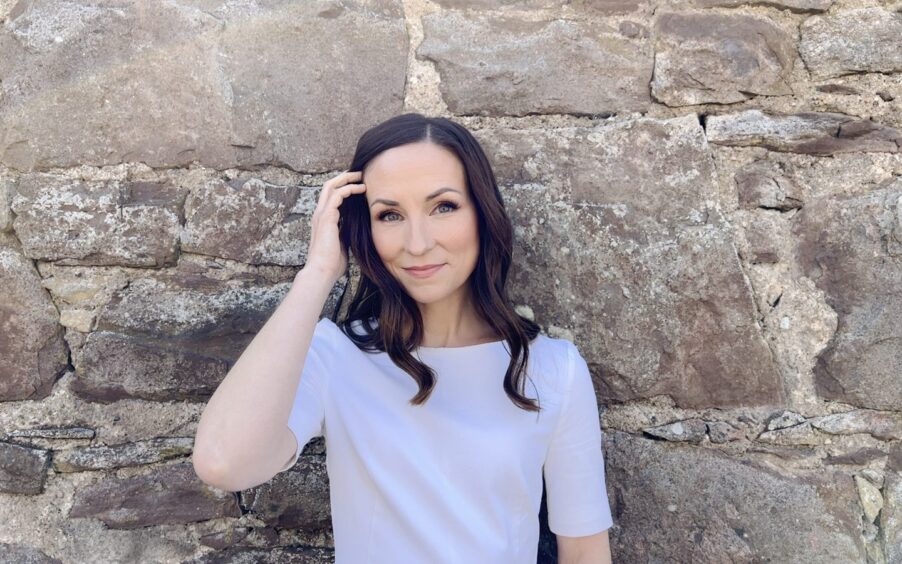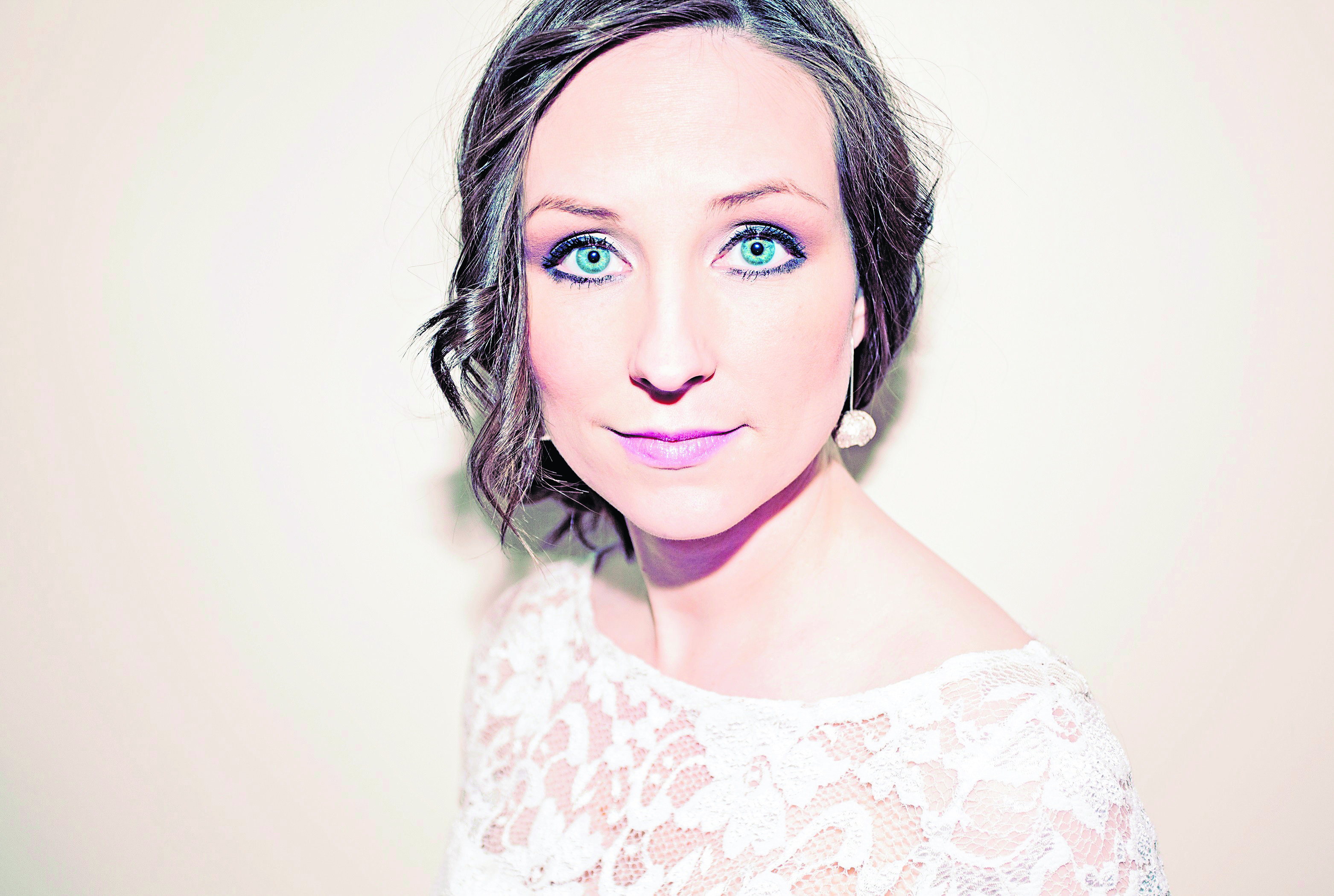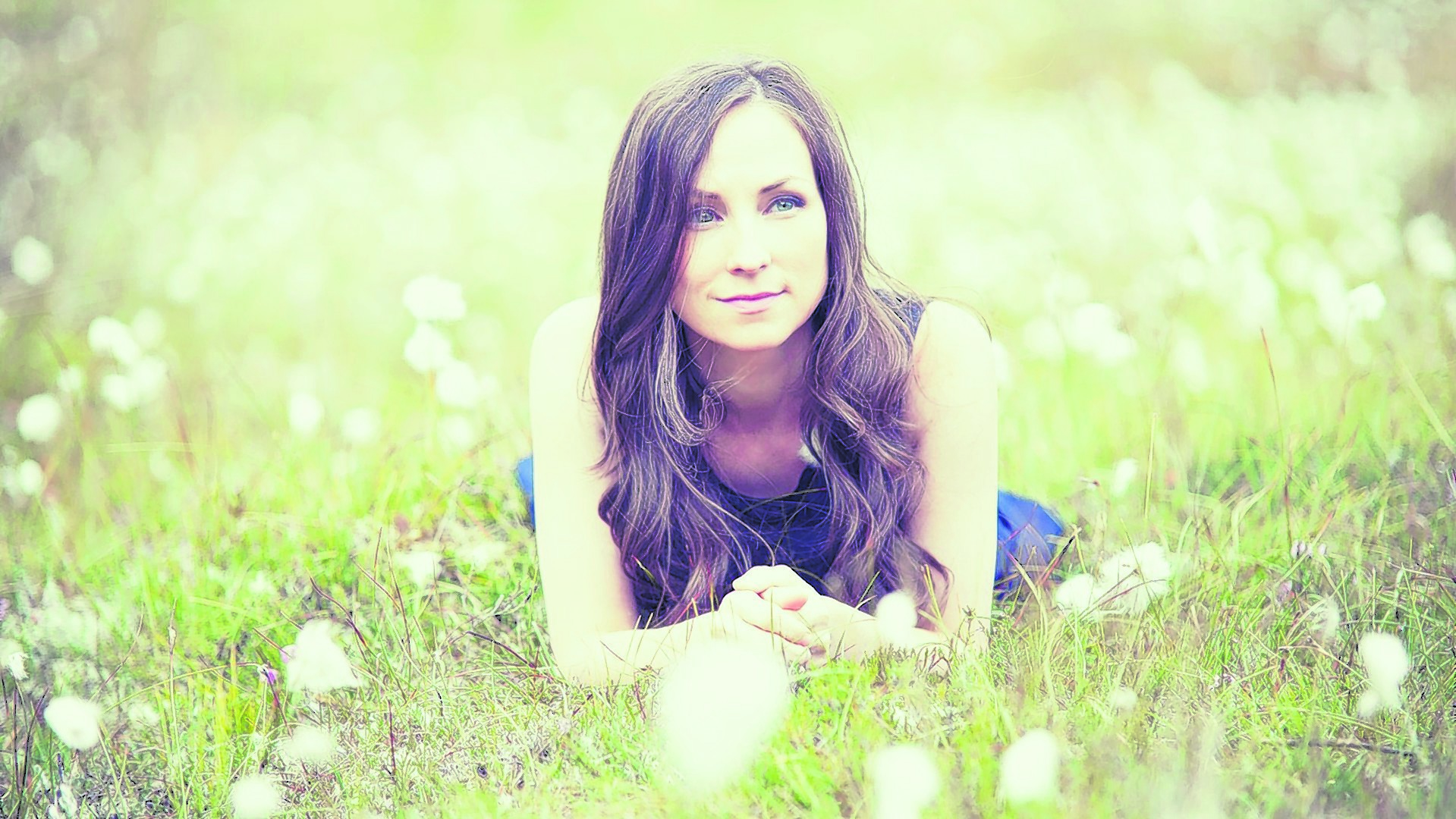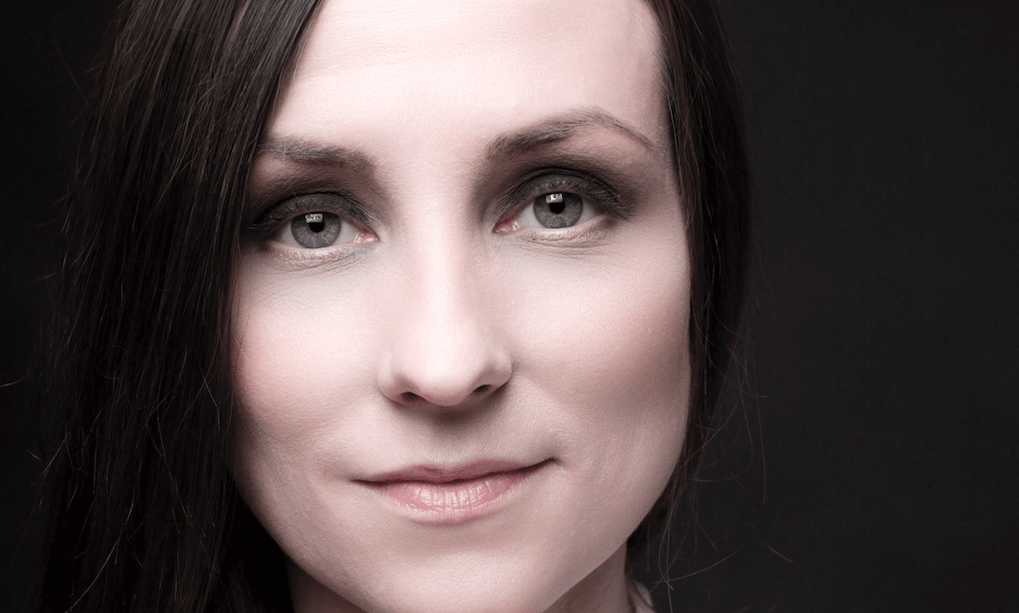
If you’ve ever seen the Disney film Brave, you’ll be aware its heroine Princess Merida is a flame-haired, fearless, formidable warrior, who, unlike some of her colleagues in the cartoon canon, is about as fragile as a moose.
And the same description could apply to Julie Fowlis, the singer and multi-instrumentalist virtuoso, whose eclectic cv testifies to her refusal to be pigeon-holed.
Ever since she was growing up in the Outer Hebrides in the 1980s, this redoubtable character has played with Runrig, sung Beatles songs, performed in all-women collectives, flourished in such events as Celtic Connections and emerged as the perfect choice to sing Merida’s Touch the Sky and Into the Open Air in the Disney feature.
Champion of Gaelic
On the one hand, Julie loves taking to the stage and creating magic in the studio. But, on the other, she’s not somebody who keeps quiet when the music stops. And why should she? As a champion of Gaelic, she has been angered by recent changes to languages courses at Aberdeen University.
And, as for many politicians’ interest in the arts, Julie is one of those who believe, in the football parlance, that too many people talk a good game and prefer words to actions.
She told me: “Looking back now as an adult on my early childhood in Uist, I realise that it was pretty carefree and that I had a lot of freedom.
“Gaelic music and song and the wider traditional culture were in many different parts of my life growing up; in school, at home, at local gatherings and events within the wider community. I suppose it was only when I moved to the mainland, and later to Glasgow, that I realised the cultural value of that upbringing.
“The early exposure to Gaelic and encouragement to sing and to play from an early age very much shaped what I would go on to do later in life. I feel lucky I was able to continue that musical education when I moved to Ross-shire as a teenager.”
The whole thing just feels wrong
Unsurprisingly, Julie was shocked at Aberdeen University’s confirmation that, from the next academic year, students will no longer be able to take French, German, Spanish or Gaelic alone and must choose a joint degree if they wish to study languages.
She responded: “Music and language have been a passport for me, an opportunity to travel and a way to connect with others worldwide. It is no exaggeration to say that Scottish traditional culture and the Gaelic language is held in the highest regard all around the world and, for many, they are key drivers to visit Scotland.
“Whilst I recognise the financial pressure that universities are under, it feels wrong that one of Scotland’s oldest learning establishments has sidelined one of the country’s national languages, and indeed other languages which connect us to some of our closest neighbours. Lack of language diversity makes us all poorer.”
So, in her eyes, does a world where culture is always under threat when cash-strapped councils and governments are scouring their budgets in search of “easy” economies.
As she told the Press & Journal: “The arts are already under-funded and under-valued in Scotland. The wider arts community still rely on a surprising amount on volunteers to run events, while artists regularly work on low incomes, or have to take additional jobs to make ends meet, especially now with the cost-of-living crisis.
‘Arts are essential part of everyday world’
“So many people working in this sector are desperately trying to keep organisations and events going and ensuring the arts are still accessible to communities across Scotland.
“Yet the arts are an essential part of our everyday world. They enrich our lived experience; music transports us, soothes and comforts us, it brings us joy and it connects people. Traditional music and culture roots us in the place we call home….and stories and song help us understand our past and imagine our future.
“Scottish music and art contribute hugely to the positive image of our country as it is projected abroad.”
That was obvious in the popularity of Brave and how it attracted so many tourists from across the Atlantic in particular to visit such locations as Dunnottar Castle.
And, whatever reservations Julie might have about controversial funding priorities and many arts venues and festivals facing an uncertain future – if they haven’t already gone to the wall – she is as passionate as ever about her backing for Celtic Connections, which has been one of the brightest lights in the firmament for the last 30 years.
It welcomes artists from all corners
She said: “It is relatively easy to quantify the huge financial boost that Glasgow, and indeed Scotland, gets every year from the influx of visitors and artists for Europe’s largest winter music festival [which runs from January 18 to February 4].
“What is more difficult to quantify and describe, however, is the cultural significance of this event. Since 1994, the festival has grown in confidence, importance and reach; it welcomes artists and music from all corners of the globe whilst keeping Scottish artists, Gaelic and traditional music at the heart of its programming each year.
“That is very much down to the vision and the courage of creative director Donald Shaw and the incredible team around him.”
Having won the Traditional Musician of the Year Award in 2023, Julie is working on several new ventures in the months ahead, including recordings, TV and composition projects and her headline CC show on January 27 at the Kelvingrove Art Gallery sold out weeks ago.
She isn’t so much versatile as a veritable one-woman band, who can play, amongst other instruments, the whistle, Highland bagpipe, Scottish smallpipe, flute, oboe, cor anglais, accordion, melodeon and shruti box and one suspects that if you handed her an umbrella, she would just about manage to get a tune out of it.
But, as she revealed, it was still a joy when the news came through about Brave in 2012.
‘An honour to be involved’
She explained: “It was a great honour to be involved and to work with the incredible team at Disney Pixar on the film. At the time, the songs were very different to the material that I was recording and performing, so in some ways it was a challenge – but one that was very enjoyable, particularly as we were recording to picture.
“We were brought into what felt like a family of creatives on that project, and we feel very lucky to have been part of a Disney story.
“And, as a mother of two girls, I’ll be forever proud to be associated with perhaps the most feisty of all Disney princesses – Princess Merida!”
Further information about Celtic Connections can be found at: celticconnections.com
Five questions for Julie Fowlis
- What book are you reading? I’m just finishing Stolen Focus: Why You Can’t Pay Attention by Johann Hari, and just about to start Honeybees and Distant Thunder by Riku Onda.
- Who’s your hero/heroine? My mother for the way she dealt with developing Guillain-Barre syndrome and my father, for helping her – and us – through that.
- Do you speak any foreign languages? I can say hello and introduce a Gaelic song in a dozen different languages, but I don’t think that counts. Seriously though, I am always working away on my Spanish whenever I can find the time.
- What’s your favourite band/music? Oh that’s a tough one. I spend most of my time listening to what my daughters listen to these days. But I’d have to say my favourite band has probably always been Runrig.
- What’s your most treasured possession? Old family photographs, wee notes written by my daughters and letters from older relations no longer with us, my pipes and my Trek Checkpoint gravel bike.



